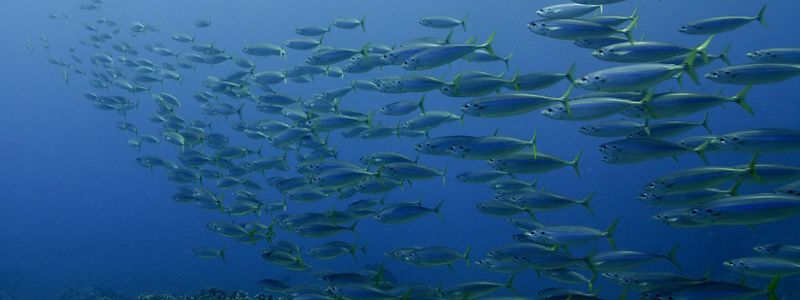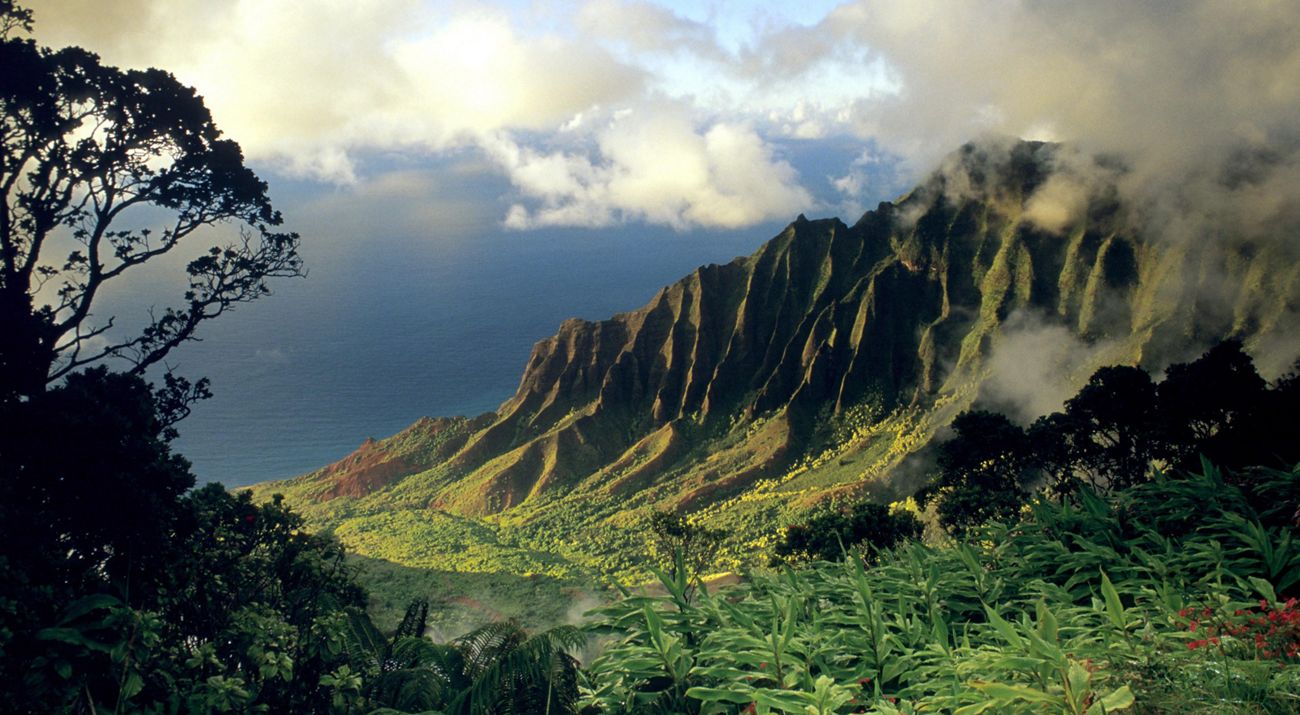Natural Climate Solutions
If we work together, we can find solutions to climate change that are right for Hawai‘i and Palmyra.
Caring for Hawai‘i’s Natural Treasures
Allocating visitor taxes or fees can help close Hawai‘i’s $360 million annual conservation funding gap and protect natural and cultural resources impacted by tourism and climate change.

From soaring mountain ranges and sweeping coastlines to unique plants, fish and birds found nowhere else on Earth, Hawai‘i’s natural splendor is truly one of a kind. The islands’ natural beauty sustains communities, drives the economy, and holds deep significance to Hawaiian culture. And it can help deter the impacts of climate change.
Yet preserving and restoring nature only receives 1% of our State budget. But we need much more, with climate change impacts like flooding and sea level rise increasing. Nature can remove one-third of the carbon from our atmosphere. We call this “Natural Climate Solutions.”
What Are Natural Climate Solutions?
Natural climate solutions are conservation, restoration and improved land management actions that increase carbon storage or avoid greenhouse gas emissions in landscapes and wetlands across the globe. Forests and oceans have been absorbing carbon for thousands of years. We need to make sure that continues by keeping remaining forests and wetlands intact, restoring and replanting native trees, and ensuring future development is sustainable and climate-smart.
The Power of Nature
The natural systems that provide our fresh water and protect our coastlines have the power to reduce the impacts of climate change. In Hawai‘i and Palmyra, we focus on protecting these systems to ensure that life can thrive in the face of Earth’s changing climate. Reforestation efforts help mitigate the impacts of climate change by providing freshwater and preventing erosion, drought and wildfires. Our work with communities to protect and restore Hawai‘i’s reefs builds resilience for people and coasts so both can flourish. And research at Palmyra Atoll’s remote natural laboratory helps us better understand climate resilience.


Take Action for Nature
You can help! To address the growing impacts of our changing climate, we need bold action. Nature can play a huge role, but it needs our help. We must start talking about it—and taking action—right now. Your support makes this work possible.
-
Support Care for ‘Āina Now
Learn more and share your support for increased conservation funding.
-
Support Our Work
Learn about our Climate Solutions Fund
-
Contact Us
Contact Director of Philanthropy Lori Admiral for more information. Email Lori.
More Information
We Can’t Save Nature Without You
Sign up to receive monthly conservation news and updates from Hawai’i & Palmyra. Get a preview of Hawai’i & Palmyra’s Nature News email.

